What Erdogan's reelection as president means for Iran-Turkey relations
By Ivan Kesic
Turkish President Recep Tayyip Erdogan was reelected in a tight and tense presidential run-off on Sunday after he failed to secure more than 50 percent of the votes required for an outright victory in the first round on May 14.
According to the country’s Supreme Election Council, the incumbent president received 52.2 percent of votes, beating his challenger, the joint opposition candidate Kemal Kilicdaroglu, who got 47.8 percent.
The voter turnout was 85.7 percent, about 3 percent lower than during the first round on May 14.
Kilicdaroglu, who mounted a stiff challenge to the country’s longest-reigning president in the first round, complained it was "the most unfair election in years" but did not dispute the final outcome.
Immediately after the results were out, Iran’s President Ebrahim Raisi congratulated his Turkish counterpart, describing his election victory as a “sign of continued valuable trust” that the Turkish people have in the incumbent president.
President Raeisi expressed confidence that relations between the Islamic Republic of Iran and the Republic of Turkey will further strengthen during Erdogan's new term in office.
He noted that the relationship between the two neighboring countries was based on strong historical, cultural, and religious bonds as well as good neighborliness, mutual respect, and shared interests.
Erdogan’s reelection has brightened the prospects of closer Iranian-Turkish relations, taking into account shared interests and common challenges between the two countries.
In the last two decades with Erdogan at the helm, trade between Tehran and Ankara has grown, with Turkey as one of the few countries that has resolutely opposed the illegal US sanctions against Iran.
The trade between Iran and Turkey stood at $5.35 billion in 2022, registering a 12.18% year-on-year rise, according to recent data released by the Turkish Statistical Institute.
On the other side, Iran was among the first countries to denounce an attempted military coup staged against the Erdogan government in 2016 and was also among the first to send humanitarian aid and relief teams during February’s devastating earthquake in Turkey.
There are still many sticking points in Tehran-Ankara relations, which can be resolved in the future through multilateral dialogue, in accordance with the growing trend of regional integration.
Present-day Turkey shares many experiences with the post-1979 Islamic Republic of Iran.
Even though it’s a member of the US-led NATO military alliance, Turkey understands that Washington does not see it as an equal partner but as a subordinate state, just like pre-revolutionary Iran.
The US blackmail on the purchase of non-Western weaponry, excluding Ankara from the development programs of fighter jets, and sanctioning Turkish entities are the best evidence of this.
A lesser-known fact is that Turkey, like the Islamic Republic of Iran, has been a victim of scientific-industrial terrorism, with the mysterious deaths of a number of military engineers.
That shows some elements are irked by countries such as Turkey and Iran developing advanced, multi-billion worth technologies, decimating the monopoly of a small circle of Western powers.
Turkey's experiences with European powers regarding accession to the European Union (EU) are also very similar to Iran's experiences regarding the Joint Comprehensive Plan of Action (JCPOA).
Both cases began with great promises and high expectations and ended with sudden backstabbing, denial of responsibility, and repeated requests for something for nothing.
European countries failed to honor their commitments to salvage the 2015 nuclear deal after the former US administration unilaterally walked out of the deal, in blatant contravention of international law.
The politics of Turkey and Iran is also the subject of intense scrutiny in the Western world.
Even 44 years later, Westerners still have not fully come to terms with the fact that the Iranian people overthrew the West-backed dictatorship and chose their democratic system in a referendum,
Similarly, they have issues with accepting the results of the presidential elections in Turkey.
Adam McConnel, who teaches at the Sabanci University in Istanbul, in an article published by Anadolu Agency on Monday blasted the Western media for showing disrespect to Turkish voters.
He said the “only road open to the Western press is to begin by respecting the Turkish voters’ choices and then working to comprehend those choices holistically”.
Apart from political preferences, several polls conducted recently show that the majority of Turkish people see Iran as a friendly country, oppose anti-Iran sanctions, and distrust the NATO alliance.
The stage is set for the expansion of cooperation between Iran and Turkey during Erdogan’s new stint as the Turkish president, in line with the aspirations of the people of the two countries and amid the changing world order from unipolarity to multipolarity.
Ivan Kesic is an independent journalist and researcher.
(The views expressed in this article do not necessarily reflect those of Press TV)
Explainer: Jam-e Jam 1 – Iran’s giant leap into geostationary orbit and a new broadcasting era
Iran says entered talks with US with 'result-oriented approach'
Iran FM, IAEA chief meet ahead of indirect talks with US
Israeli soldier admits to murder, rape in Gaza during live stream
VIDEO | Pakistan protesters condemn US-Israel threats, mourn mosque victims
VIDEO | Press TV's news headlines
Tehran slams US ‘inhumane’ sanctions against Cuba
Two Palestinian children killed in PA ambush; Hamas slams attack as ‘black mark’


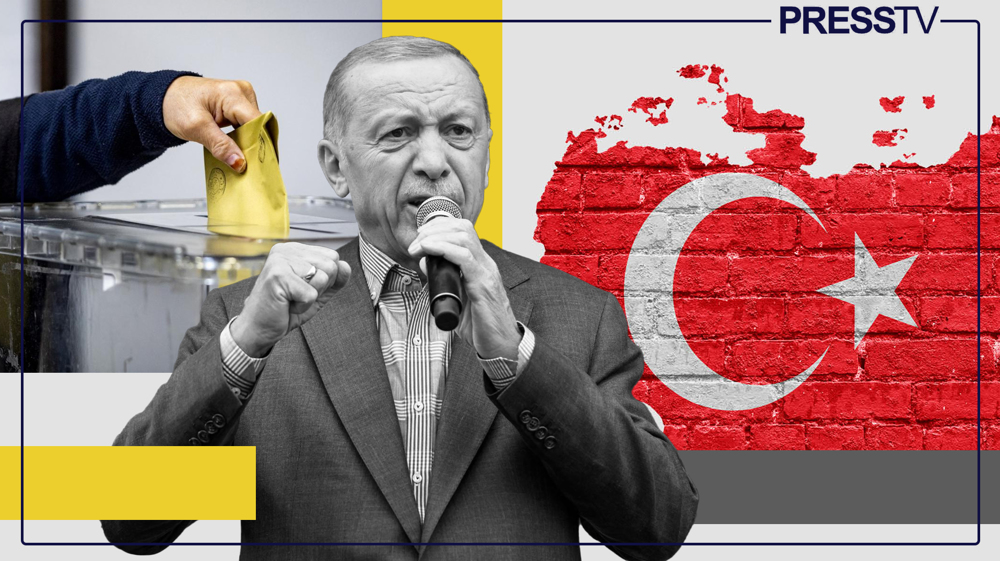
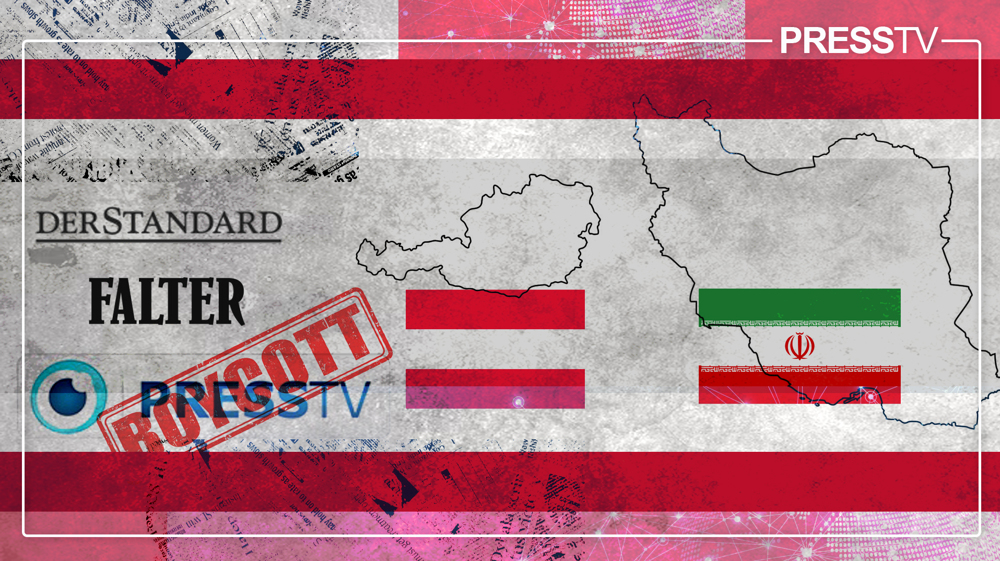
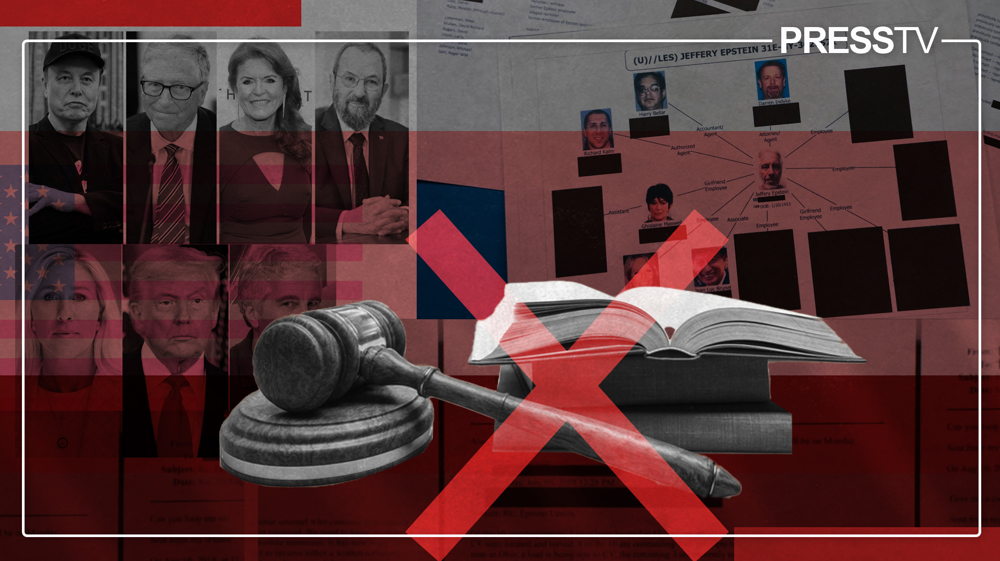
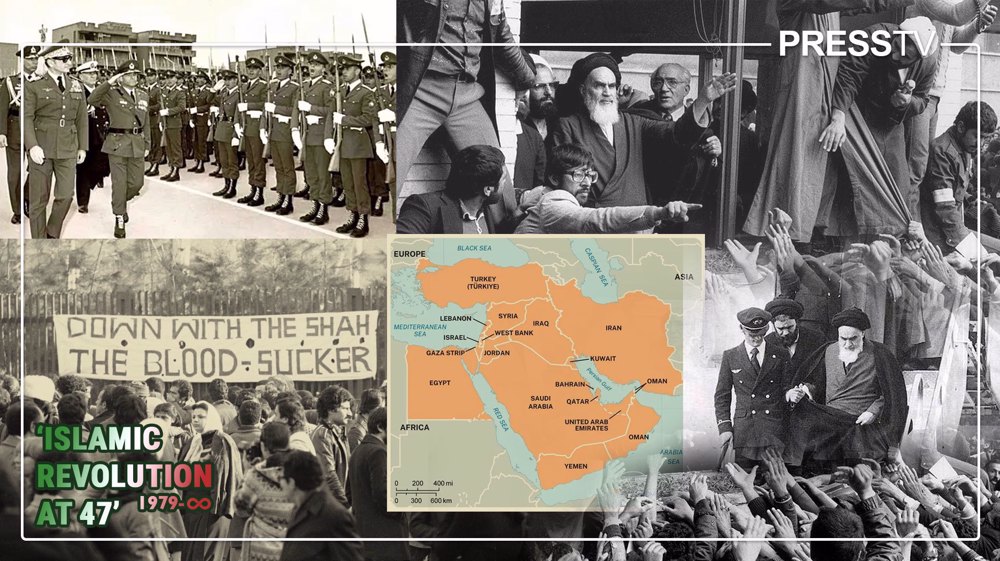



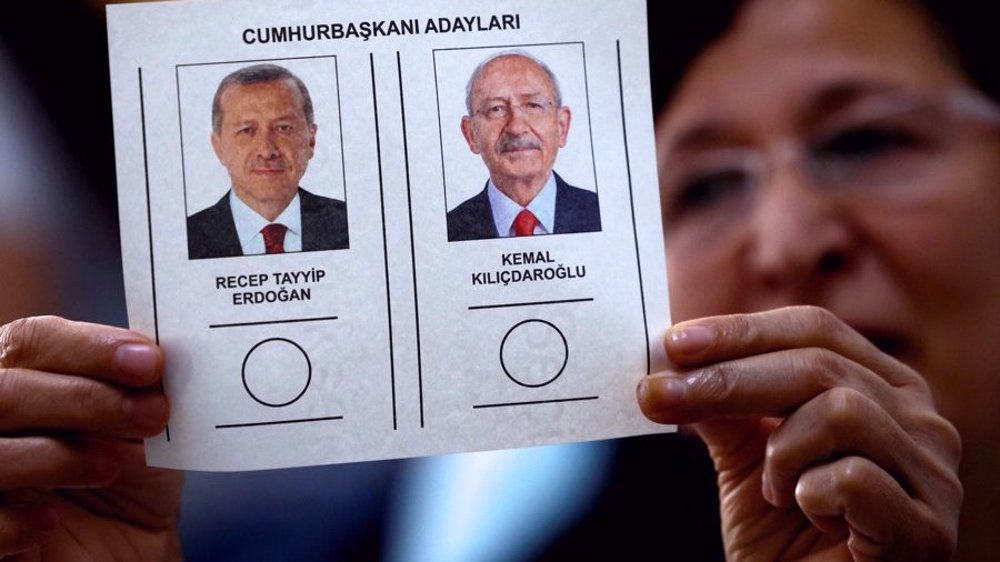
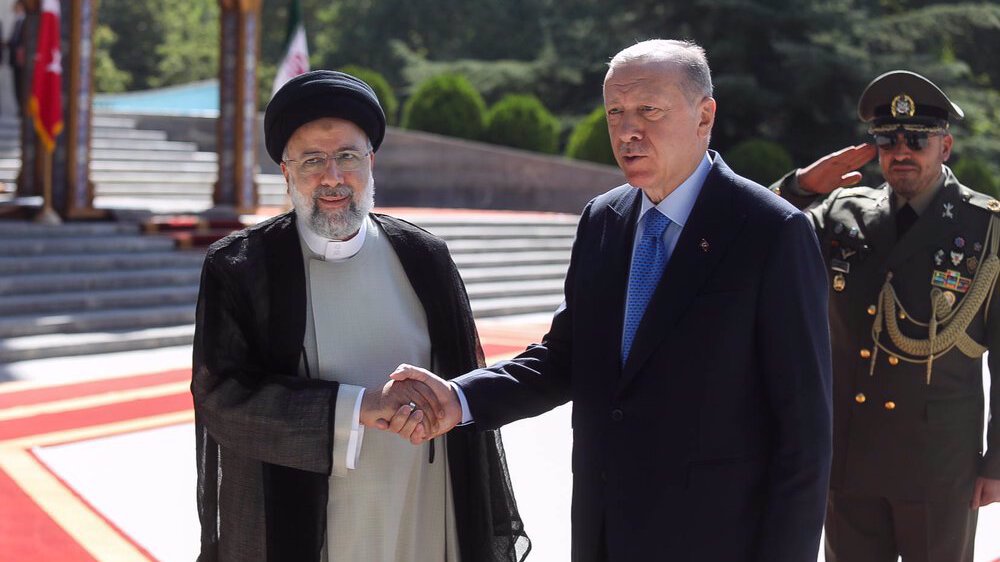
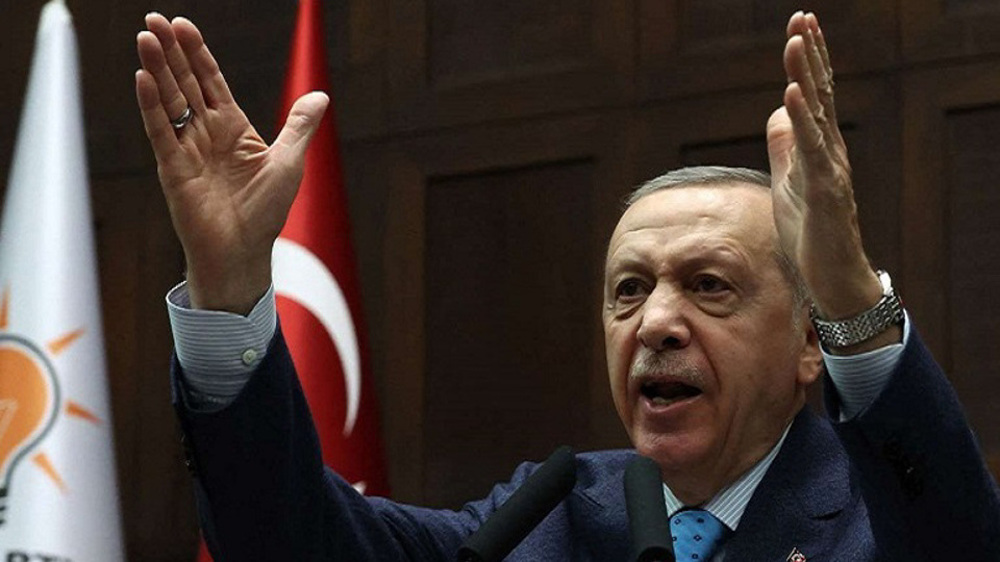
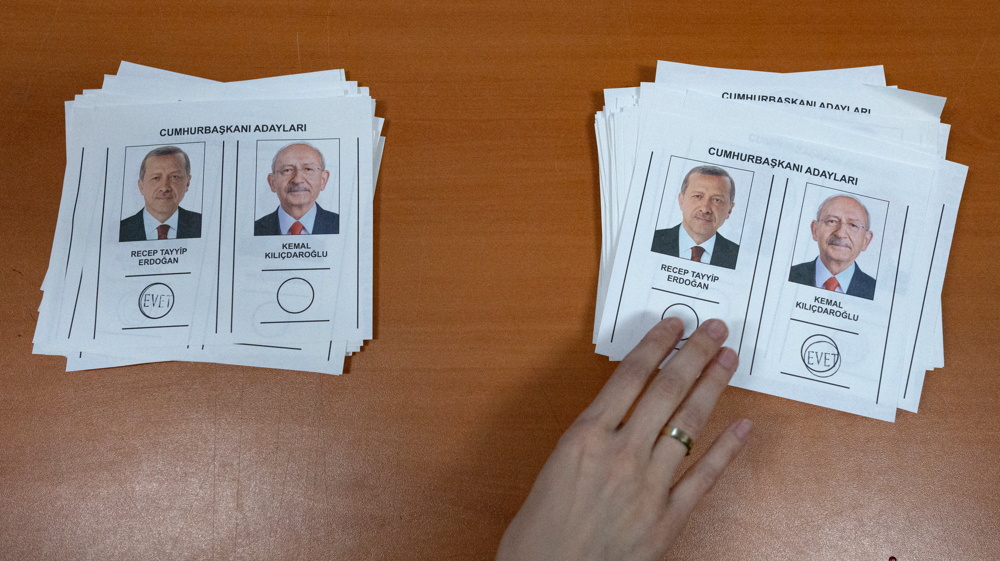
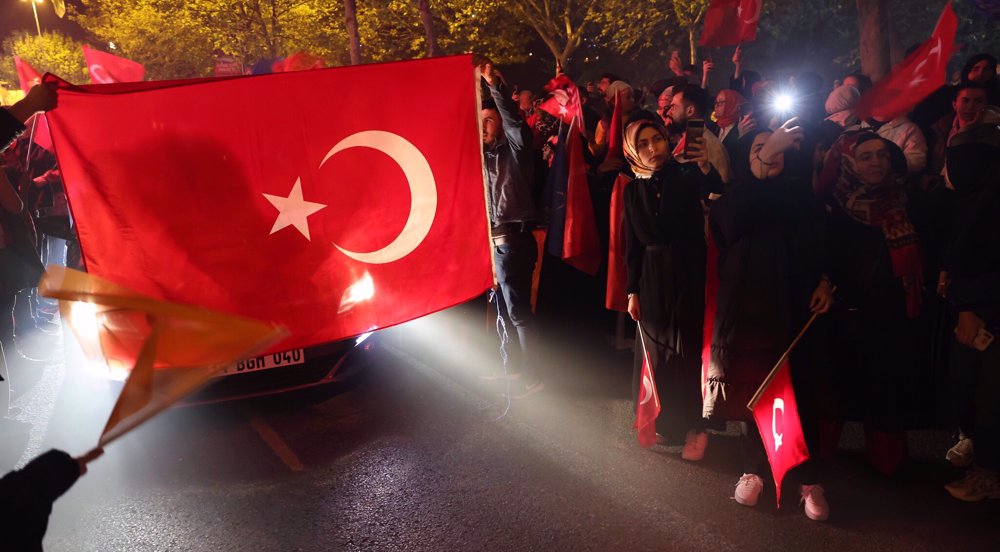

 This makes it easy to access the Press TV website
This makes it easy to access the Press TV website